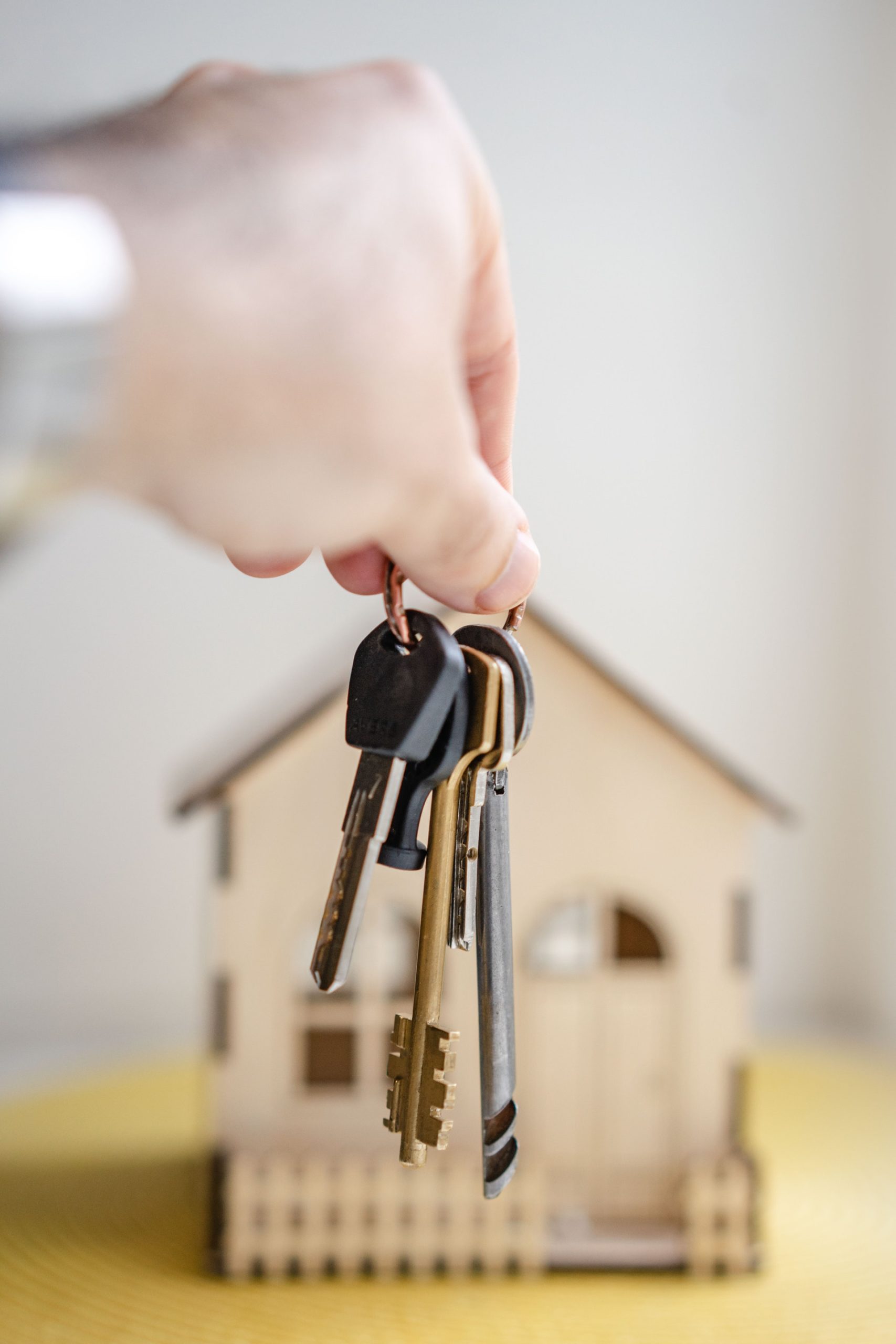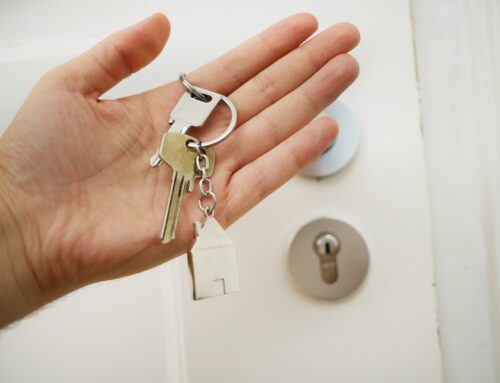Debunking Homeownership Myths
Owning a home is a significant life milestone that many people aspire to achieve. However, the path to homeownership can be clouded with myths and misconceptions that often deter potential buyers or lead them to make ill-informed decisions. In this blog post, we’ll be debunking home ownership myths and provide you with the knowledge needed to navigate the real estate market confidently.
Myth 1: Renting is Always Cheaper Than Buying
One of the most common misconceptions about homeownership is that renting is invariably cheaper than buying a home. While it’s true that renting doesn’t require a substantial upfront investment, it’s important to consider the long-term financial implications. Over time, rent payments can add up significantly, and you don’t build any equity in the property.
In contrast, homeowners build equity as they pay off their mortgage, and they may also benefit from tax deductions and potential property appreciation. Owning a home can be a wise financial decision, especially if you plan to stay in the same area for several years.
Myth 2: You Need a 20% Down Payment
The myth that you need a 20% down payment to buy a home can be a major deterrent for many potential homeowners. While a 20% down payment can help you avoid private mortgage insurance (PMI) and secure a more favorable interest rate, it’s not the only option. Many mortgage programs offer down payment options as low as 3% to 5%, making homeownership more accessible for a wider range of buyers. It’s essential to research and understand the various financing options available to find the one that best suits your financial situation.
Myth 3: Homeownership is Maintenance-Free
Some people believe that once they own a home, they can say goodbye to the hassle of regular maintenance. This is far from the truth. Homes require ongoing maintenance to keep them in good condition. From lawn care to plumbing repairs and roof maintenance, homeowners should be prepared for the responsibilities that come with owning a property. However, it’s important to note that the freedom to customize and renovate your home to your liking is a significant advantage of homeownership. So, be prepared to have to take the good with the bad of homeownership – you need to keep up the yard and fix the plumbing form time-to-time.
Myth 4: All Debt is Bad
Another homeownership myth is the belief that all debt is harmful. While it’s true that excessive debt can be detrimental to your financial health, mortgage debt is often considered a “good” type of debt. It allows you to invest in a valuable asset and build wealth over time. When managed responsibly, a mortgage can be a powerful tool for homeowners to increase their net worth.
Myth 5: You Must Have a Perfect Credit Score
Having a perfect credit score is not a prerequisite for homeownership. While a higher credit score can help you secure a better interest rate, many lenders offer mortgage products for individuals with less-than-perfect credit. It’s important to understand your credit score and explore your financing options, as you may find a suitable mortgage even if your credit isn’t flawless.
Conclusion
Homeownership is a significant step that comes with both financial responsibilities and rewards. By debunking common homeownership myths, you can make more informed decisions about whether homeownership is right for you and how to navigate the real estate market effectively. Remember that each person’s situation is unique, and it’s crucial to consider your individual circumstances when deciding whether to take the plunge into homeownership.








 Highest Cash Offer is a real estate solutions company. Our team of experts specialize in assisting homeowners with a wide variety of solutions to any real estate problem. Whether we buy your house for cash or not, our goal is to help you get the desired outcome you deserve.
Highest Cash Offer is a real estate solutions company. Our team of experts specialize in assisting homeowners with a wide variety of solutions to any real estate problem. Whether we buy your house for cash or not, our goal is to help you get the desired outcome you deserve.